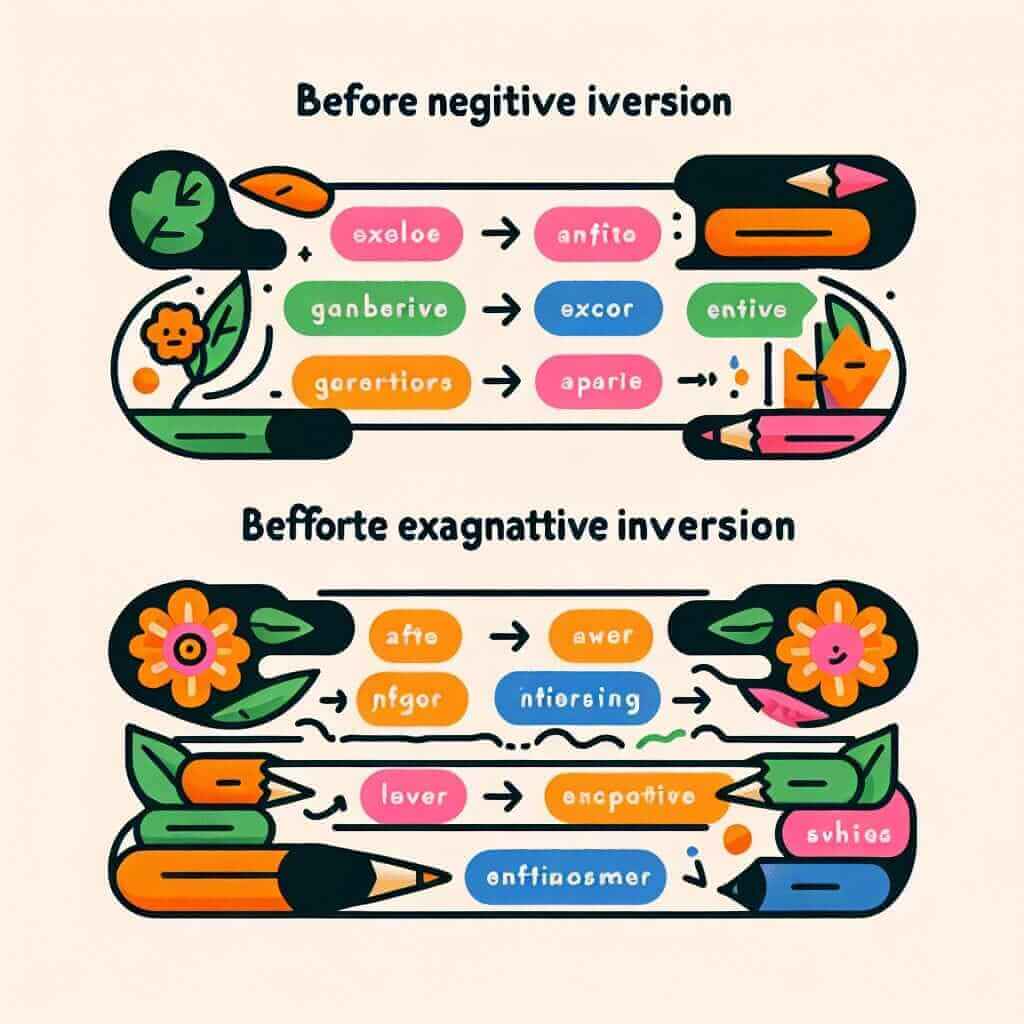Many English learners are familiar with standard sentence structures, but to truly excel in the IELTS exam, mastering more advanced grammatical structures is key. One such structure is inversion, often used for emphasis and dramatic effect. This article will delve into the phrase “Little did they expect what was coming,” exploring its structure, usage, and how it can help you achieve a higher IELTS band score.
Let’s look at some examples of how inversion can be used in different sections of the IELTS exam:
Speaking (Part 2): Describe a time you were surprised.
“We had planned a simple picnic in the park. Little did we know, a thunderstorm was brewing…”
Writing (Task 1): The graph shows the sales figures for a company over a year.
“After a steady increase in the first quarter, sales plummeted dramatically. Rarely had the company witnessed such a sharp decline…”
Listening (Section 3): Two students discussing an assignment.
“I thought the assignment was due next week.”
“No sooner had I finished it than the professor changed the deadline!”
In each of these examples, inversion helps to add emphasis and create a more engaging and impactful tone.
Deconstructing “Little Did They Expect…”
This phrase employs a specific type of inversion called negative inversion. It’s used when a sentence begins with a negative adverb or adverbial phrase, causing the subject and auxiliary verb to switch places.
Meaning and Usage:
- Meaning: This structure emphasizes the unexpected nature of an event. It suggests that someone was completely unprepared for what happened.
- Usage: It’s typically used in formal writing and speaking, adding a touch of sophistication and literary flair to your language.

Inversion: Formula and Application
The formula for negative inversion is as follows:
Negative Adverb/Phrase + Auxiliary Verb + Subject + Main Verb
Let’s break down our example phrase:
- Little (Negative adverb)
- did (Auxiliary verb)
- they (Subject)
- expect (Main verb)
Application in IELTS:
- Writing (Task 1): When describing unexpected trends in graphs or charts, using inversion can create a more impactful and memorable description. For example, “Never before had unemployment reached such a high percentage.”
- Writing (Task 2): When presenting a contrasting viewpoint or a surprising fact, inversion can add weight to your argument. For instance, “Some argue that technology isolates people. Seldom do they consider the benefits of global connection.”
- Speaking (Parts 1, 2 & 3): Sprinkling inversion into your spoken responses, particularly in Part 2 where you have time to structure your thoughts, can demonstrate a wider range of grammar and enhance your fluency.
Inversion in Action: IELTS Examples
Writing Task 1:
“The graph illustrates the number of tourists visiting a coastal town over a decade. Hardly had the town invested in new infrastructure when tourist numbers skyrocketed, highlighting the immediate impact of the investment.”
Writing Task 2:
“Many believe that social media has a detrimental effect on young people. Rarely, however, do they acknowledge the potential for online platforms to foster creativity and build communities.”
Level Up Your Language
- Explore Other Negative Adverbs: Don’t limit yourself to “little.” Experiment with other negative adverbs like “never,” “rarely,” “seldom,” “hardly,” “scarcely,” “no sooner,” etc.
- Combine with Inversion in Other Tenses: While our focus has been on the past simple, inversion can be used with other tenses as well. For example, “Not only will this policy improve the economy, but it will also create jobs.”
Common Pitfalls and How to Avoid Them
- Overuse: While impressive, using inversion too frequently can make your writing sound unnatural. Use it strategically for emphasis.
- Incorrect Word Order: The word order after the inverted phrase is crucial. Ensure you maintain subject-verb agreement.
- Informal Context: Inversion is generally not suitable for informal writing or speaking.
Conclusion
Mastering inversion, particularly negative inversion like in “Little did they expect…”, can significantly enhance your IELTS writing and speaking scores. It allows you to showcase a sophisticated grasp of grammar while adding emphasis and impact to your language. Remember to practice using inversion in various contexts and with different negative adverbs to truly integrate it into your linguistic repertoire.